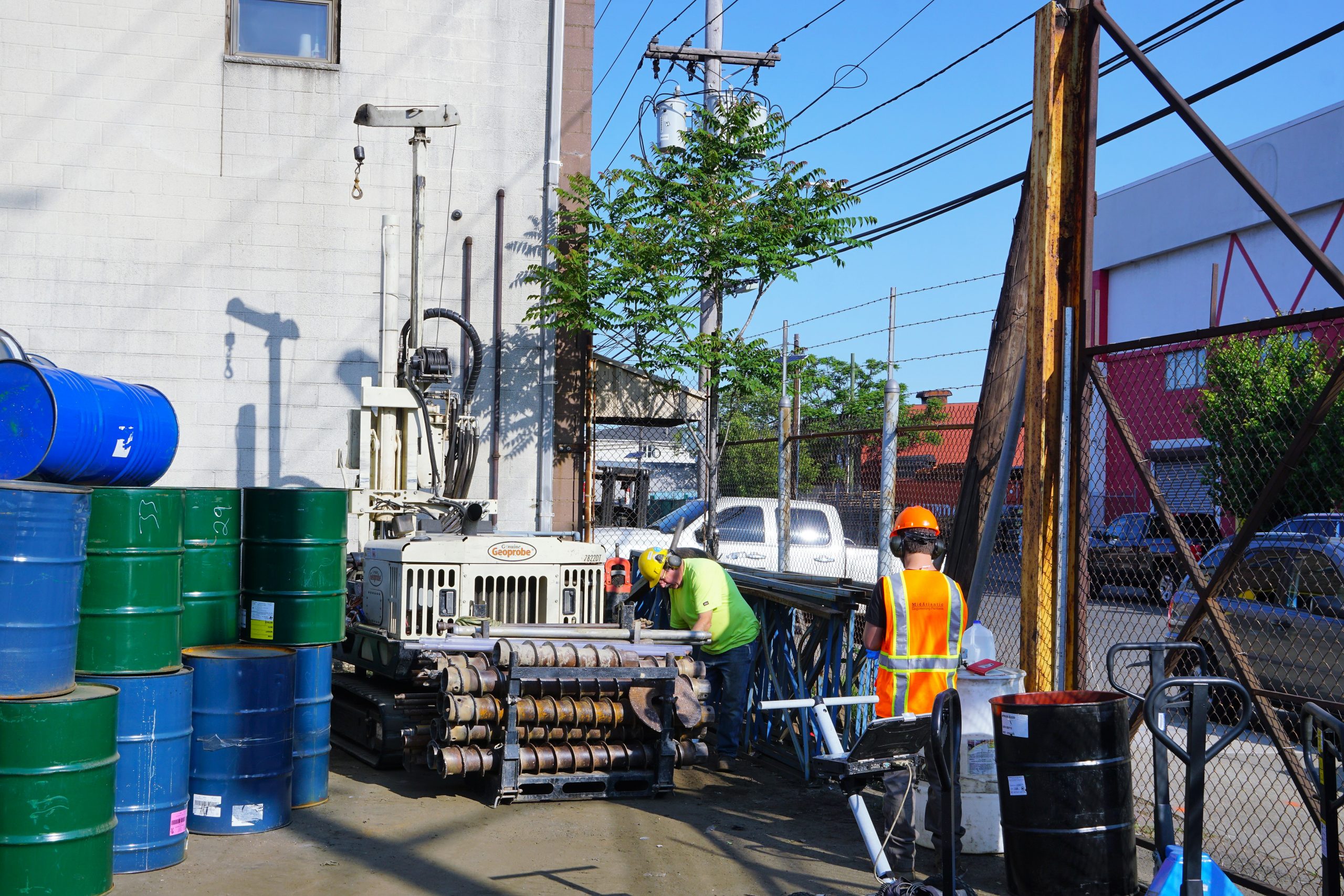Environmental due diligence is a critical process in various industries and contexts, aimed at assessing and mitigating potential environmental risks and liabilities associated with a property, project, or business transaction. Its significance lies in several key aspects:
- Risk Identification and Mitigation: Environmental due diligence helps uncover potential environmental liabilities that might not be immediately apparent. Identifying these risks early allows for proper evaluation and planning to mitigate their impact, reducing the chances of unexpected legal, financial, or reputational issues down the line.
- Regulatory Compliance: Adhering to environmental regulations is not only a legal requirement but also essential for maintaining a positive public image. Failing to comply with environmental laws can lead to substantial fines, legal actions, and negative publicity. Thorough due diligence ensures that projects or transactions align with all applicable environmental regulations.
- Financial Protection: Ignoring environmental risks can result in unforeseen costs, such as remediation expenses, fines, and legal fees. By conducting due diligence, potential financial liabilities can be assessed and factored into negotiations, allowing for better-informed decisions and proper allocation of resources.
- Reputation Management: In today’s environmentally conscious world, a company’s reputation is closely tied to its commitment to sustainable practices. Failing to conduct due diligence can lead to negative publicity and damage the company’s image. On the other hand, demonstrating a commitment to environmental responsibility can enhance brand value and customer trust.
- Investor Confidence: Investors and financial institutions are increasingly considering environmental risks when making investment decisions. Providing thorough environmental due diligence can instill confidence in potential investors, lenders, and partners, demonstrating a proactive approach to risk management.
- Long-Term Sustainability: Evaluating environmental factors during due diligence ensures that projects and transactions are aligned with sustainable practices. This contributes to the long-term viability of projects, reduces the likelihood of unforeseen disruptions, and promotes responsible resource management.
- Legal Compliance: In many cases, potential legal liabilities related to contamination, hazardous materials, or other environmental issues might not be immediately obvious. Due diligence helps uncover these issues, enabling legal compliance and avoiding potential lawsuits.
- Project Valuation: Environmental due diligence can impact the valuation of properties and projects. Identifying and addressing environmental risks can influence the perceived value of an asset and, in turn, affect negotiation outcomes.

In essence, environmental due diligence is an essential tool for making informed decisions, protecting assets, complying with regulations, and fostering a sustainable and responsible business environment. Its comprehensive assessment of environmental factors ensures that projects and transactions are conducted with a clear understanding of associated risks and potential impacts.
MidAtlantic – Integrity. Expertise. Ingenuity.

